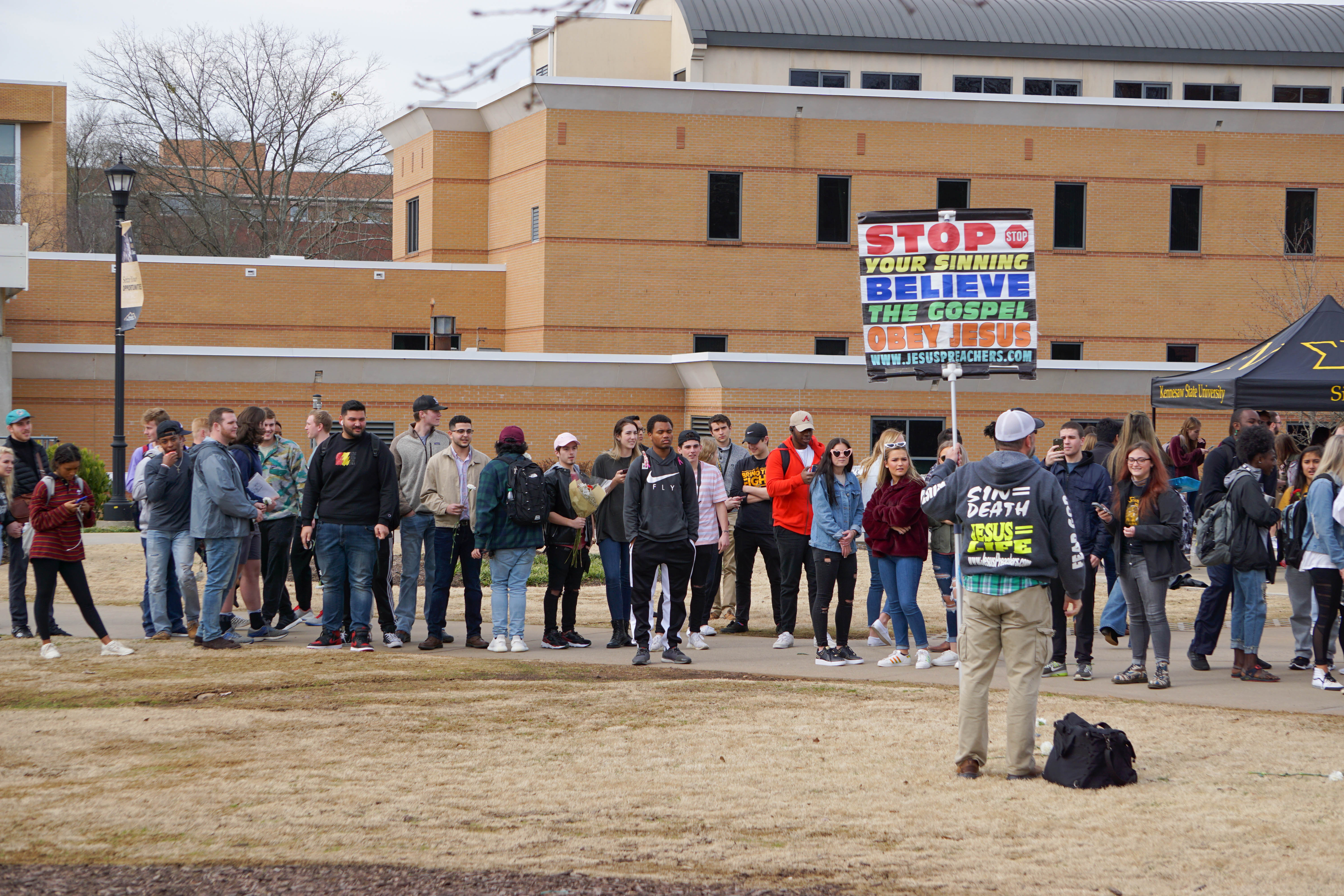More than half of all Kennesaw State students voted in the 2016 election — a slight increase from 2012, according to a study by Tufts University.
The National Study of Learning, Voting and Engagement — a project sponsored by the Center for Information and Research on Civil Learning and Engagement at Tufts — showed a total of 53 percent of all KSU students voted in the last election, a 2 percent increase from 2012.
The study analyzed the voting records of more than 9.7 million students at more than 1,000 two and four-year colleges and universities across the United States. As a participant in the study, KSU received a report — now available on the university’s website — detailing the voting percentage of students broken down by gender, age, voting method, education level, enrollment status and field of study.
More than 17,000 KSU students voted in the 2016 election, compared to the 12,000 that voted in 2012. This raised the school’s voting rate 3 percent higher than the national average.
The voting percentage in every age group increased from 2012 to 2016, but the largest increase and highest percentage of voters were in the 50 and over age group, with 78 percent.
The report also broke down the voting percentages of students in each field of study or major at KSU, highlighting the majors that have shown the most improvement.
The major with the highest voter participation was history, with 67 percent of students voting. Although, this was actually a 3 percent drop from 2012 when 70 percent of students in the major voted. The most improved major was English, with a 10 percent increase from 49 percent in 2012 to 59 percent in 2016.
In contrast, the major with the lowest percentage of voters was architecture, at 41 percent. The field of study that suffered the largest drop in voter participation was communication, with a 14 percent decrease from 2012 to 2016.
Although KSU hosted several voter registration events last year, the report shows that student registration actually dropped by about 1 percent between 2012 and 2016.
KSU also received a bronze seal in October at the ALL IN Challenge awards ceremony in Washington, D.C. for having a voter participation between 50 and 59 percent.
According to its website, the ALL IN Campus Democracy Challenge is a national awards program that “encourages higher education institutions to help students form the habits of active and informed citizenship, make democratic participation a core value on their campus, and cultivate generations of engaged citizens who are essential to a healthy democracy.”
The organization challenges colleges and universities to increase student-voter participation, develop and implement an action plan to improve democratic engagement and participate in the NSLVE study.
After its launch in July 2016, more than 200 campuses joined the ALL IN Campus Democracy Challenge, including KSU.




One thing that makes it difficult to draw inferences about the fairly slight change in voting levels at KSU between 2012 and 2016 is that the student population jumped from 24,112 to 34,289 (no wonder it’s so hard to park or find a quiet spot at the library). So any change might be more than accounted for by changes in the makeup of the student body.